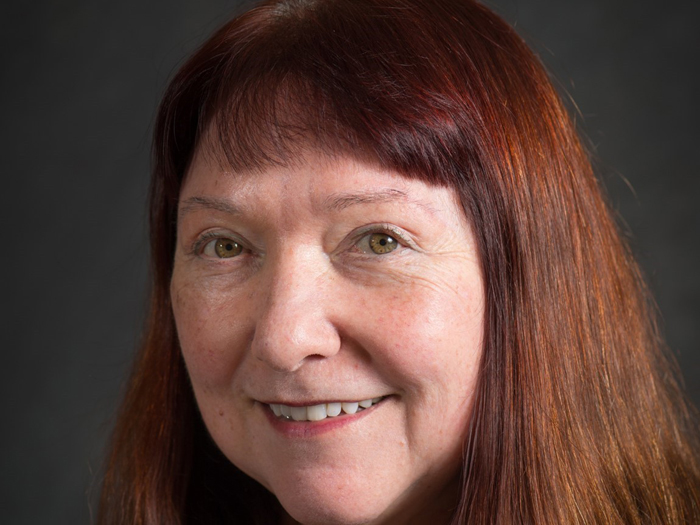Risk Insider: Jack Hampton
Truthiness: The New Threshold of Reality
In 2016, the media reported that Ringling Brothers Circus ended its elephant show. Subsequently, it announced the Circus was closing down completely after more than 100 years in operation. Are these messages true? Who knows?
To understand what’s going on the world, we must confront new definitions of “truth.” Not serious, you say? Tell that to the editors of dictionaries.
“Truthiness” was Merriam Webster’s Word of the Year in 2006. It refers to a truth that won’t allow itself to be held back by evidence. We know truthiness intuitively “from the gut” or because it “feels right.” We completely ignore evidence, logic, intellectual examination, or contradictory information.
Post-truth was Oxford dictionary’s Word of the Year in 2016. It describes circumstances when appeals to emotion and personal belief shape public opinion despite sharply conflicting and largely accurate facts. Evidence is ignored as a message is accepted and repeated.
The concept of “truth” has been changing but it exploded during the 2016 presidential campaign. Umpteen candidates vied for attention in endless rude skirmishes that seized the attention of a widely-divided electorate: “The country is in serious trouble.” “The economy is in great shape.” “You are a crook.” “She is a liar.” “He is an idiot.” Who should we believe?
People play with facts. Are they lying?
PolitiFact.com, a project operated by the Tampa Bay Times, checks the “facts” in statements by members of Congress, the White House, lobbyists and interest groups. It proclaims itself to be a non-partisan effort.
In the 2016 election campaign, PolitiFact graded the statements of Democratic and Republican candidates. It found dozens of questionable statements identified as mostly true, half true, mostly false, false, and pants-on-fire (my personal favorite).
The sad truth about politics is a person can get elected by appealing to sticky messages that have no substance. Truth is nowhere to be found because we ignore messages that conflict with what we believe. Don’t blame the media. The fault is ours. We believe what sounds good.
“A diamond is forever.” Does it really matter when our lifespan is 80 or so years, if we are lucky?
“Maxwell House: Good to the last drop.” Who drinks coffee to the last drop?
“BMW: The Ultimate Driving Machine.” What about Ferrari or Lamborghini?
People play with facts. Are they lying?
Advertising slogans are one thing. It is far more dangerous for us to be guided by false statements that win elections but do not address the risks we face solving real world problems. Does it hurt us when we cannot or do not separate truth from falsehood? When we try to manage the risks in our lives, shouldn’t we know the difference?
Remember the story of the six blind men touching different parts of an elephant and describing what it looked like. Everybody has an accurate picture of something but nobody grasps the concept of “elephant.”
Does anybody really care about the truth? Of course they do. Pick a version.
I want to go to the Ringling Brothers Circus next summer. Thanks to truthiness, I have that option. I am particularly looking forward to touching an elephant.










